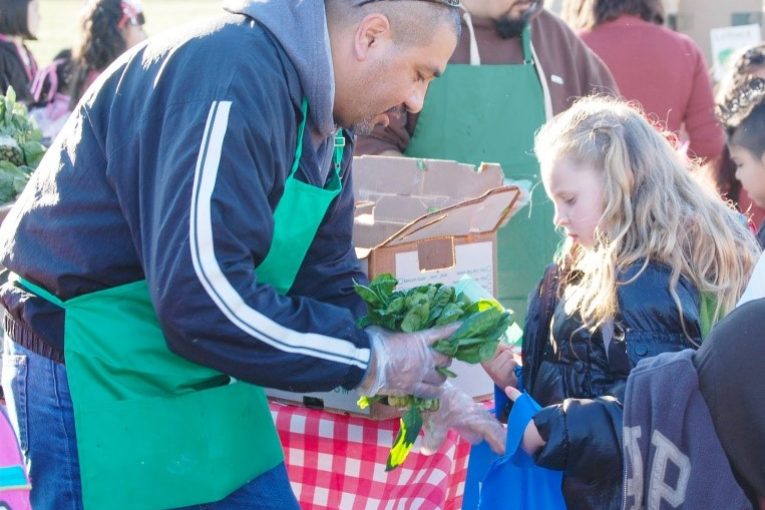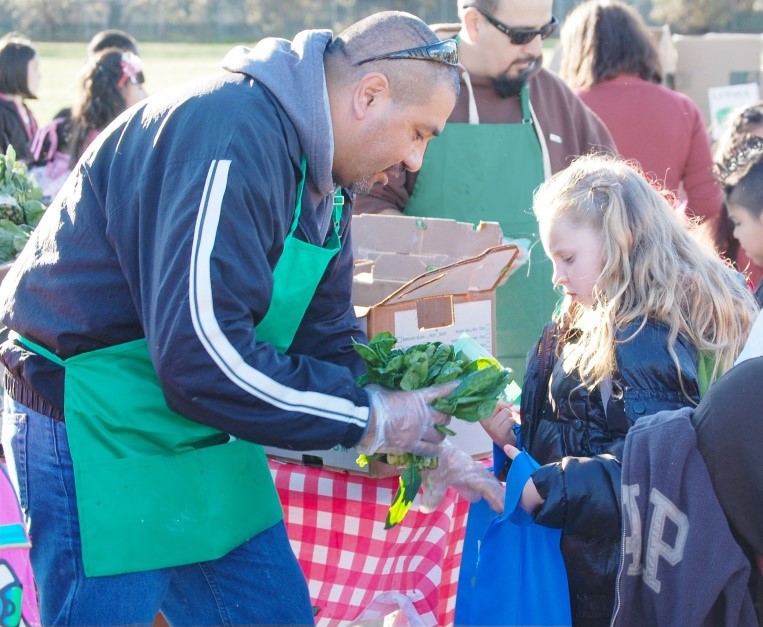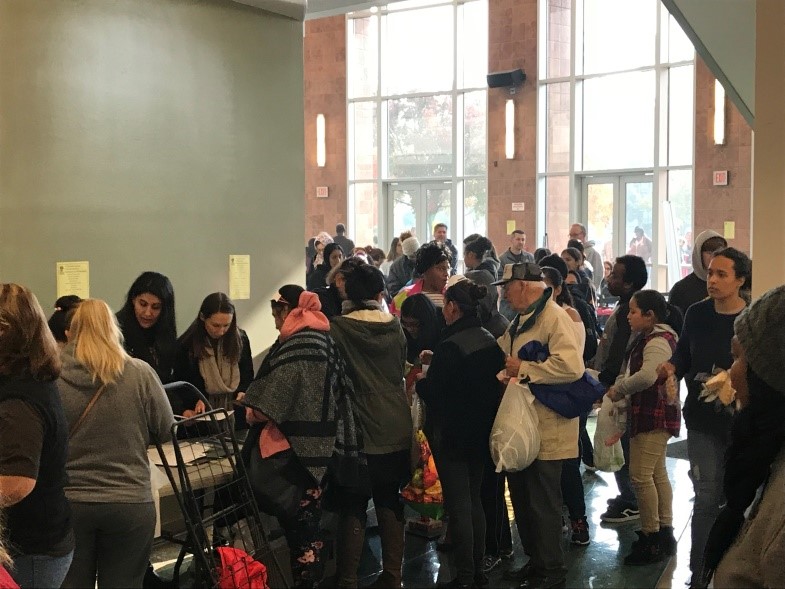

“When we’re talking about poverty, what we’re really talking about is hunger and malnutrition.” – Yolo County Supervisor Don Saylor
By Michael Bisch
Former Davis Mayor Robb Davis once
again did the community a terrific service by publishing his analysis of
various studies and methodologies for determining poverty and food insecurity
(posted here Robb
Davis article). According to my reading of Robb’s analysis,
approximately 14,000 Davis residents and 36,000 residents Countywide are living
in poverty, and are struggling with food insecurity as a consequence. Buried in
the analysis, however, is the human element. Numbers alone will not move  our
community to action. Compassion for the stark choices confronting tens of
thousands of our neighbors struggling to feed their families is essential. To
this end, the conclusion to Robb’s article merits repeating:
our
community to action. Compassion for the stark choices confronting tens of
thousands of our neighbors struggling to feed their families is essential. To
this end, the conclusion to Robb’s article merits repeating:
“Food security and poverty mirror each other. Poor people are food insecure. Food insecure people are poor. When decisions about expenditures need to be made under severe constraints, food is the most “fungible” of purchases. Rent is required. Gas for the car to get to work cannot be “scrimped” on. Not so with food. When poor people face spending choices, food is foregone for the sake of survival. This seems to be true in Africa and America.
When you read that people are poor, keep in mind that it has real effects on their ability to obtain nutritious food in quantities that most of us take for granted. And when you read that people have low or very low food security, remember that it means that they face choices that most of us do not have to make.
Tens of thousands of our neighbors in Yolo County live in poverty—with food insecurity a part of many of their lives.”

Yolo Food Bank is a primarily privately-funded nonprofit distributing four million pounds of nutritious food throughout Yolo County each year, reaching every community of every size. With an unparalleled capability and capacity to collect, store and distribute this food, Yolo Food Bank provides unique services and opportunities to the region. It has the potential to transform the nutritional paradigm of our communities, thereby reducing poverty, increasing health and education outcomes and enabling social mobility of all kinds. You can support our neighbors who struggle to feed their families by making a gift at http://give.yolofoodbank.org/ or by volunteering at https://yolofoodbank.org/volunteer/
Michael Bisch is the Executive Director of the Yolo Food Bank

Compassion is certainly essential for the prevention of food insecurity. However, at least in my lifetime, it has never been sufficient indicating to me that this is a legitimate and necessary function of our government. This is an opinion comment, not data based, so stop if you like.
I grew up food insecure. We just didn’t call it that in the early 50’s. We were rural poor. My dad had a full-time salary that was not enough for a family of four. We were never hungry, as long as he had a good day hunting or fishing on the weekends. And neither were the neighbors, who would bring us a bag of potatoes, a bushel of apples, or freshly baked bread in informal exchange for the haunch of venison or brace of quail. We were proud, and there was never a quid pro quo. Each gave what they could and received in kind when available, usually with some version of, “caught more than we can use, thought you might like some.”
Our society has lost this small community, rural means of sustainability, but not replaced it uniformly with any sufficient mechanism of exchange. Instead, we hear of the need for charity, which is true, but clearly inadequate. We also hear resentment over using taxes to sustain those who are unable to provide for themselves. I would argue it is time to stop pretending that compassion will ever be enough and to devise a means to provide for all in our society. I would favor some version of UBI, especially in view of the trend towards replacing workers with technology, but feel we need to be open to consideration that simply “get a job” or “give more to charity” is not sufficient now and will never be again.
Let me add my opinion to Tia’s opinion, because I believe Tia did not go far enough.
The articles by Michael and Robb have laid out a strong case for the pervasive presence of Food Insecurity in our current society … and here in the Davis/UC Davis community. Coexisting with all that food insecurity is another statistical fact that there has never been more obesity in our society.
Many of the same people who are food insecure are also obese, because of the quality of the insecure amount of foods that they are eating.
Food insecure AND obese … now that is a double whammy.
Compassion CAN mean helping people access programs that put resources in their pocket to purchase food. Any comprehensive approach should include a focus on helping more people sign up for SNAP, for example.
Compassion CAN also mean advocating that such programs not be cut and countering policies that would curtail their availability (see recent administration threats in regard to changes to implementation that will decrease access).
Compassion CAN also mean working on ways to lower transaction costs for those who, temporarily or longer-term may need food resources to make ends meet.
Compassion CAN also mean helping fund distribution programs.
Compassion CAN also mean holding local agencies accountable to access the impacts of their food security programs.
All of these actions take seriously the problem of food insecurity and poverty (i.e. demonstrate empathy for those who are food insecure) and recognize that only multiple, concerted, long-term actions (compassion over time) can enable people to achieve food security in the face of growth in the cost of living (read housing costs) that outpaces wage growth.
I welcome the extensions and clarifications to what can be accomplished added by both Matt and Robb.